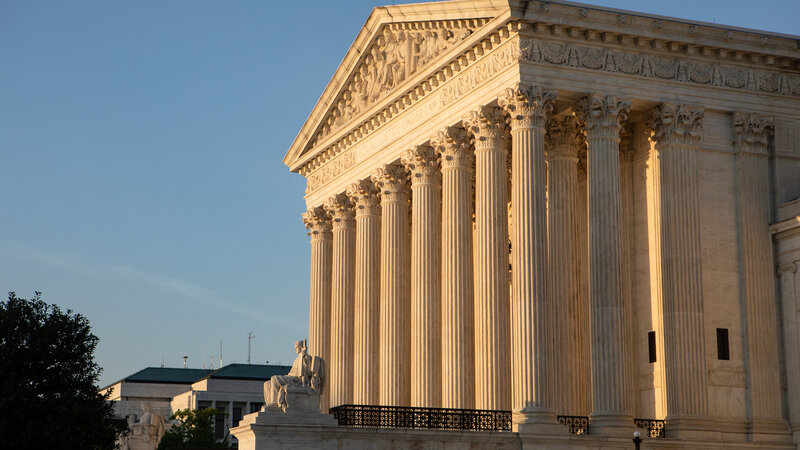Posted on Apr 27, 2023
Supreme Court seems to tilt strongly toward grandmother in property rights case
2.34K
8
1
4
4
0
Posted >1 y ago
Responses: 1
I guess my real question would be regarding this - what if state law did NOT cancel the outstanding debts on the property and she was still held responsible or if it was modified so that any excess to pay off the state's debt is used proportionally to pay off outstanding debts and any surplus after that goes to the individual it was seized from.
However, that is a hypothetical since the state law DOES cancel her outstanding debts. As such, there is an excess of monies beyond the debt incurred.
It's likely that the debt forgiveness law was put in place so people didn't have to declare bankruptcy in order to discharge outstanding debts on the property (many were put in place during the housing crisis for just that reason) and the legislators didn't anticipate a scenario like this.
Sounds like Minnesota will likely lose this round and should address some fixes in the law if they don't want a repeat. Modify it so that all excess first goes to paying off existing debts and the remainder is then given to the original owner or if there is still debt after all proceeds are gone, the the debt is forgiven.
However, that is a hypothetical since the state law DOES cancel her outstanding debts. As such, there is an excess of monies beyond the debt incurred.
It's likely that the debt forgiveness law was put in place so people didn't have to declare bankruptcy in order to discharge outstanding debts on the property (many were put in place during the housing crisis for just that reason) and the legislators didn't anticipate a scenario like this.
Sounds like Minnesota will likely lose this round and should address some fixes in the law if they don't want a repeat. Modify it so that all excess first goes to paying off existing debts and the remainder is then given to the original owner or if there is still debt after all proceeds are gone, the the debt is forgiven.
(4)
(0)
Read This Next



 Supreme Court
Supreme Court Minneapolis
Minneapolis Taxes
Taxes


